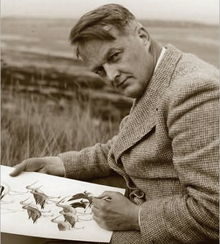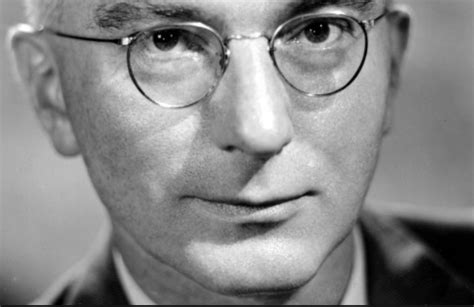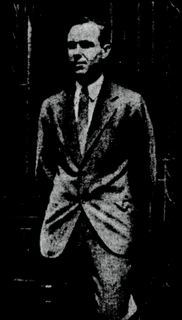A Quote by Raymond Geuss
A major danger in using highly abstractive methods in political philosophy is that one will succeed merely in generalizing one's own local prejudices and repackaging them as demands of reason. The study of history can help to counteract this natural human bias.
Related Quotes
An observer will see the bizarre developments of behavior only in alien cultures, not his own. Nevertheless this is obviously a local and temporary bias. There is no reason to suppose that any one culture has seized upon an eternal sanity and will stand in history as a solitary solution of the human problem. Even the next generation knows better. Our only scientific course is to consider our own culture, so far as we are able, as one example among innumerable others of the variant configurations of human culture.
The philosophy that I have worked under most of my life is that the serious study of natural history is an activity which has far-reaching effects in every aspect of a person's life. It ultimately makes people protective of the environment in a very committed way. It is my opinion that the study of natural history should be the primary avenue for creating environmentalists.
I must study Politicks and War that my sons may have liberty to study Mathematicks and Philosophy. My sons ought to study Mathematicks and Philosophy, Geography, natural History, Naval Architecture, navigation, Commerce and Agriculture, in order to give their Children a right to study Painting, Poetry, Musick, Architecture, Statuary, Tapestry and Porcelaine. (12 May 1780)
The adjective "political" in "political philosophy" designates not so much the subject matter as a manner of treatment; from this point of view, I say, "political philosophy" means primarily not the philosophic study of politics, but the political, or popular, treatment of philosophy, or the political introduction to philosophy the attempt to lead qualified citizens, or rather their qualified sons, from the political life to the philosophic life.
The constancies and equivalences adumbrated work havoc with such settled topical blocks as myth and philosophy, natural reason and revelation, philosophy and religion, or the Orient with its cyclical time and Christianity with its linear history. And what is modem about the modem mind, one may ask, if Hegel, Comte, or Marx, in order to create an image of history that will support their ideological imperialism, still use the same techniques for distorting the reality of history as their Sumerian predecessors?
Chinese were bornwith an accumulated wisdom, a natural sophistication, an intelligent naivete, and unless they were transplanted too young, these qualities ripened in them.... If ever I am homesick for China, now that I am home in my own country, it is when I discover here no philosophy. Our people have opinions and creeds and prejudices and ideas but as yet no philosophy.
We cannot begin with complete doubt. We must begin with all the prejudices which we actually have when we enter upon the study ofphilosophy. These prejudices are not to be dispelled by a maxim, for they are things which it does not occur to us can be questioned. A person may, it is true, in the course of his studies, find reason to doubt what he began by believing; but in that case he doubts because he has a positive reason for it, and not on account of the Cartesian maxim. Let us not pretend to doubt in philosophy what we do not doubt in our hearts.
Our accent will be upon youth: we need new ideas, new methods, new approaches. We will call upon young students of political science throughout the nation to help us. We will encourage these young students to launch their own independent study, and then give us their analysis and their suggestions. We are completely disenchanted with the old, adult, established politicians. We want to see some new faces -- more militant faces.








































